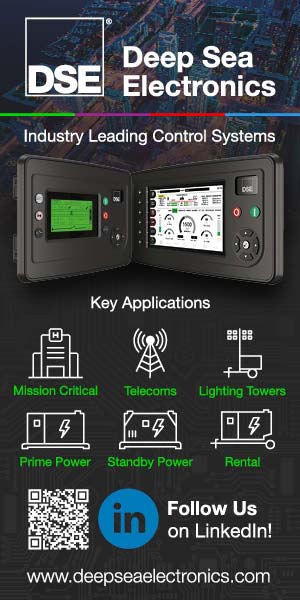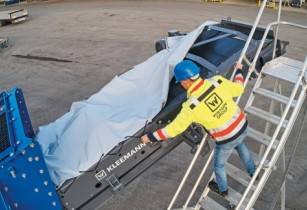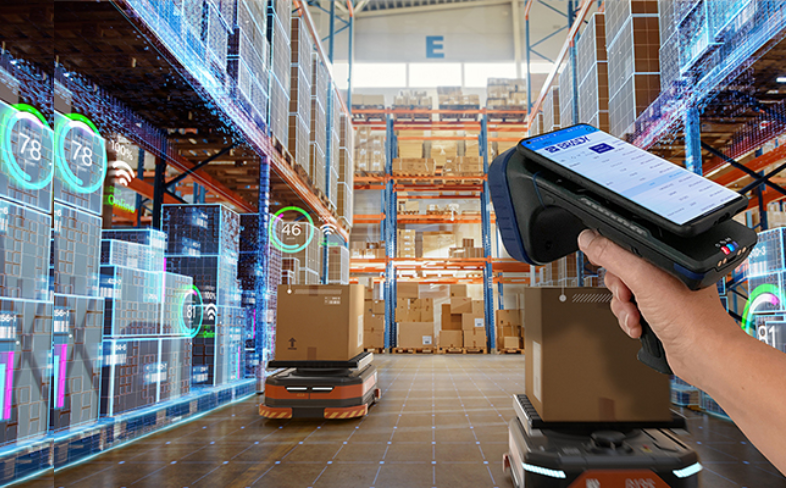Nissan Motor Co., Ltd. and DeNA Co., Ltd. will begin a field test of Easy Ride, the robo-vehicle mobility service being developed by both companies, on 5 March in Japan
Easy Ride is envisioned as a mobility service for anyone who wants to travel freely to their destination of choice in a robo-vehicle. During the field test, the participants will be able to travel in vehicles equipped with autonomous driving technology on a set route. The route spans about 4.5km between Nissan?s global headquarters and the Yokohama World Porters shopping centre.
For efficient fleet operation and customers? peace of mind, Nissan and DeNA have set up a remote monitoring centre that uses the two companies? advanced technologies.
Nissan and DeNA will also test Easy Ride?s unique service functions. Using a dedicated mobile app, passengers can input what they want to do via text or voice and choose from a list of recommended destinations. An in-car tablet screen will show selections of nearly 500 recommended places of interest and events in the vicinity. Additionally, about 40 discount coupons for retailers and restaurants in the area are available for download on the participants? own smartphones.
Participants will be asked to complete a survey about their overall user experience, usage of content and coupons from local retailers and restaurants, and preferred pricing for the Easy Ride service. Nissan and DeNA will use the survey results as they continue to develop the offering, and for future field tests.
The field test will enable Nissan and DeNA to learn from the experience of operating the Easy Ride service trial with public participation, as both companies look toward future commercial endeavours. Nissan and DeNA will also work to develop service designs for driverless environments, expanded service routes, vehicle distribution logic, pick-up/drop-off processes and multilingual support. The companies aim to launch Easy Ride in a limited environment at first, and then introduce a full service in the early 2020s.
With customers able to discover new local destinations, the companies expect Easy Ride will also help energise cities and neighbourhoods.



























